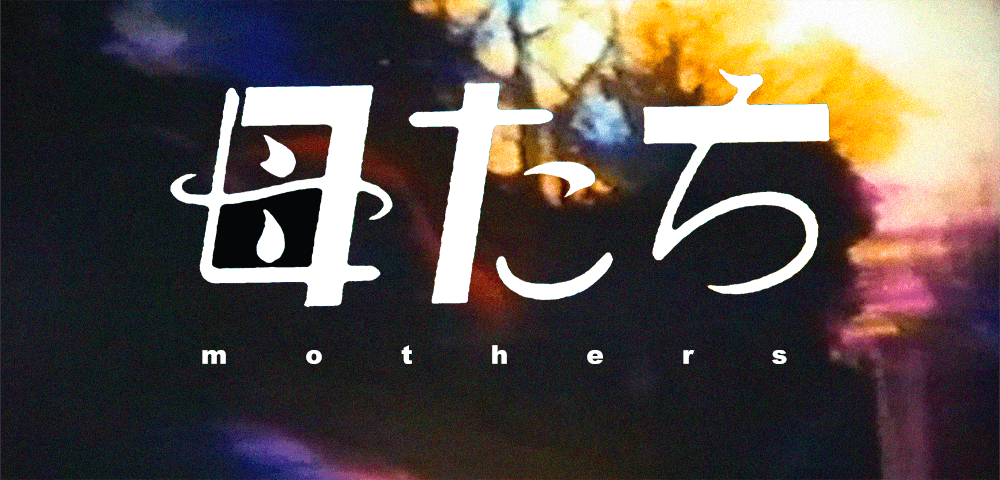
MOTHERS
(母たち)
dir. Kurokawa Yoshimasa, 1987
120 mins. Japan.
In Japanese with English subtitles.
FRIDAY, MAY 2 – 5 PM
SUNDAY, MAY 11 – 7:30 PM
SATURDAY, MAY 17 – 7:30 PM
TUESDAY, MAY 28 – 10 PM
Screening for the first time ever in New York City, Kurokawa Yoshimasa’s MOTHERS is a rare primary-source document of radical dissent during the era of Japan’s supposed postwar economic miracle. Spectacle presents the film alongside a reprise of Kim Mirye’s 2017 documentary LOOKING FOR THE WOLF (aka EAST ASIA ANTI-JAPAN ARMED FRONT.)
MOTHERS was conceived and directed by the filmmaker while he was in prison, a member of the “Scorpion” cell of the East Asia Anti-Japan Armed Front (EAAJAF), incarcerated after the 1974 bombing of the Marunouchi offices of Mitsubishi Heavy Industries. (He remains there to this day, although he maintains an active presence on social media.) During Kurokawa’s incarceration, Ken Sasaki helped complete the project.
“This film depicts transformation the mothers of the members of the East Asia Anti-Japanese Armed Front underwent as they begin to reflect on themselves born and raised in the time and space ruled by Japan’s Emperor System that led Japan into wars of aggression against China and the rest of Asia as well as the post-war corporate economic aggression through the struggles of their sons and daughters. I hope the audience learn that people can change and that we can also change our attitudes toward the wars that are happening now, and discrimination and oppression of others.” – Ken Sasaki
Program notes from the 1997 Yamagata Documentary Film Festival read:
“As testimony to Kurokawa’s idea that “the emperor system is not only an incarnation of the patriarchal principle but also the embodiment of the female principle,” the film aims “to critically examine the essence of the Japanese maternal image.”
In it, Sasaki Ken and other film crew members interview the mothers of those in prison, including Kurokawa’s mother, on 8mm camera. Daidoji’s and Kurokawa’s mothers gradually begin to learn more about the “emperor system” because of the crime their sons committed, and another woman chooses to adopt Masunaga Toshiaki as her son after the incident. The film describes the mothers shouldering the heavy burden of the bombing and their calm acceptance of reality, even as they continue the campaign against their sons’ death sentences. The mothers’ honest discussion of their feelings is interspersed with humorous analytical short plays and scenes of Hokkaido, which refer to Daidoji’s most central experience. The film concludes with a confession of the “pathos of self-hatred for having no choice but to live as a native of Imperial Japan.”
Special thanks to Hajime Imamasa, Sabo Kohso, Ken Sasaki and Kim Mirye.

